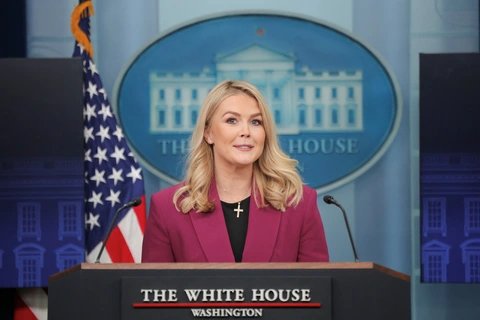When President Donald Trump launched an aggressive tariff campaign during his time in the White House, he ignited a global economic firestorm. His policies challenged traditional trade agreements, disrupted supply chains, and escalated tensions with some of America’s biggest trading partners. While critics predicted economic downfall, a remarkable number of individuals and industries chose to stand by him. These loyal supporters, driven by patriotism, strategic interests, and long-term visions, weathered the storm with unwavering faith. This article explores who these supporters were, why they chose loyalty over fear, and how their decisions have aged over time.
### The Tariff Storm Unleashed
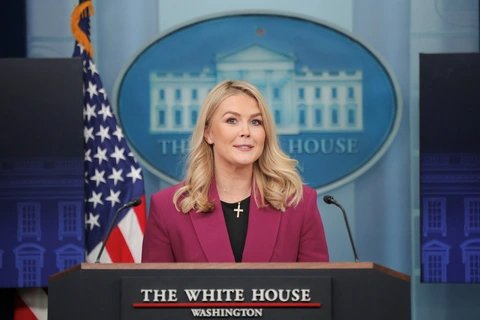
President Trump’s tariffs were primarily aimed at rebalancing what he viewed as unfair trade practices. He imposed levies on hundreds of billions of dollars’ worth of imports—especially targeting China, the European Union, Mexico, and Canada. The U.S. steel and aluminum industries saw major boosts as Trump justified the tariffs on the grounds of national security.
However, these measures triggered retaliation from America’s trading partners, hitting American farmers, automakers, and various manufacturers. The uncertainty rippled through global markets, with economists forecasting dire consequences. Yet, amidst the chaos, many Americans, especially in the heartland and manufacturing sectors, remained firm in their support.
### Farmers Who Stood Their Ground
One of the most affected groups was American farmers. China, in direct retaliation, imposed tariffs on American agricultural products such as soybeans, corn, and pork. This move significantly cut off access to one of the largest foreign markets for U.S. agriculture.
Despite facing falling commodity prices and mounting losses, many farmers continued to support Trump. Their loyalty wasn’t born out of ignorance, but rather a belief that the short-term pain would result in long-term gains. They appreciated the fact that Trump addressed issues they had long been concerned about—especially unfair trade practices by China.
For example, soybean farmer Roger Johnson from Iowa said, “I may lose money this year, but I finally feel like someone in Washington is fighting for us.” Many echoed similar sentiments, believing that enduring a temporary storm would ultimately result in fairer global trade.
### Blue-Collar Workers in Manufacturing
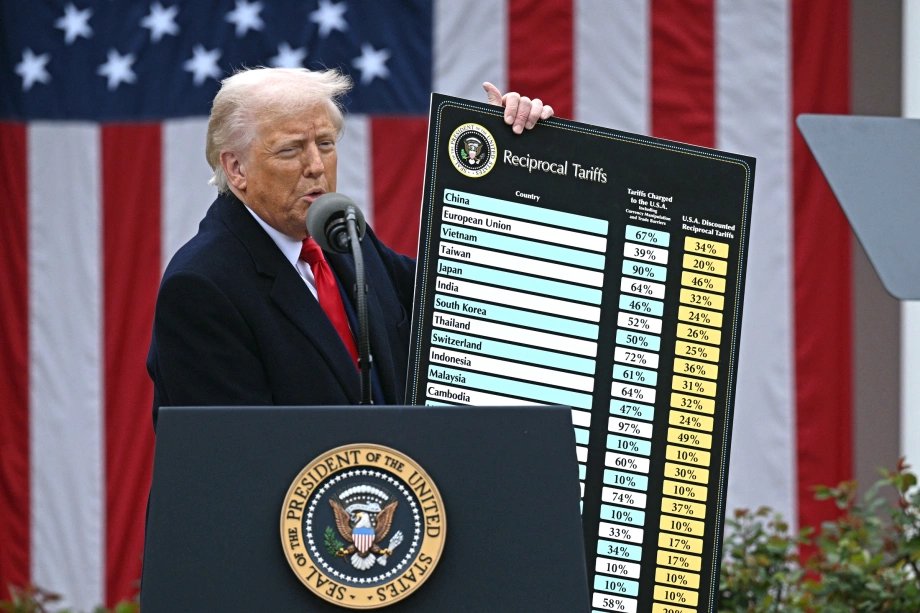
Manufacturing towns, especially in the Midwest, remained a stronghold for Trump supporters. For years, they had witnessed their jobs being outsourced and local industries decimated by cheaper foreign imports. When Trump promised to bring jobs back to America and imposed tariffs on imported steel and aluminum, many blue-collar workers felt vindicated.
In places like Youngstown, Ohio, workers applauded Trump’s tough stance. “For the first time in a long time, someone’s actually standing up for American steel,” said Mike Thompson, a third-generation steelworker.
Though some companies struggled with rising input costs due to tariffs on imported components, others saw a revival. Smaller steel producers and aluminum factories in the U.S. began hiring again. Trump’s message of “America First” resonated deeply with these communities.
### Small Businesses Betting on Long-Term Gains
While some small businesses suffered due to increased costs of raw materials and reduced access to foreign markets, others remained optimistic. Business owners who believed in Trump’s broader economic agenda—tax cuts, deregulation, and investment in American production—held on.
Take, for instance, Jane Ramirez, the owner of a small tool-manufacturing firm in Texas. “Yes, some of our parts cost more now,” she acknowledged. “But if these tariffs help bring back more manufacturing to the U.S., we’re all going to benefit eventually.”
For these business owners, the tariffs were a temporary sacrifice for a strategic reset. They believed that Trump’s approach would create a more level playing field in the long run.
### Economists and Think Tanks Offering Conditional Support
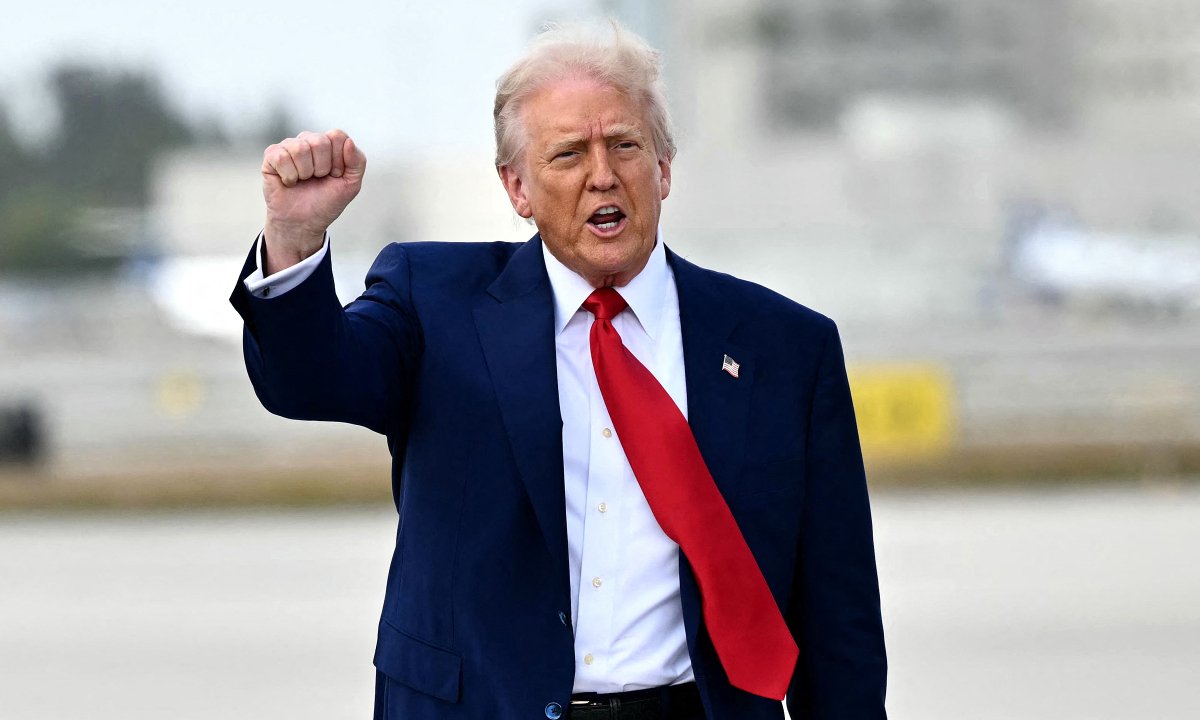
While many mainstream economists criticized Trump’s tariff policy as protectionist and harmful, a few offered cautious support. These experts viewed the tariffs not as an end, but as a means to an end.
Institutes like the Hudson Institute and the American Enterprise Institute noted that while tariffs were blunt instruments, they were drawing attention to legitimate issues in the global trade system—especially the manipulative practices of China.
Dr. Elaine Patterson, a trade policy expert, commented, “China has been taking advantage of WTO loopholes for decades. Trump’s tariffs forced a global conversation that was long overdue.”
These voices emphasized the strategic rationale behind the tariffs, rather than their economic elegance.
### Political Allies Holding the Line
Within the political sphere, not all Republicans agreed with Trump’s tariff strategy. Free-market conservatives initially balked at what they saw as interference in trade. But others, particularly those aligned with Trump’s populist platform, backed him wholeheartedly.
Senator Josh Hawley of Missouri was a vocal proponent, often stating that globalism had failed working-class Americans. “We need to reclaim our economic independence,” he said during a Senate debate on trade. His stance reflected a new wave of conservative thinking that prioritized national strength over global integration.
This political realignment created a new coalition—traditional conservatives, economic nationalists, and working-class voters—who were willing to embrace protectionism in a strategic form.
### Veterans and Military-Backed Industries
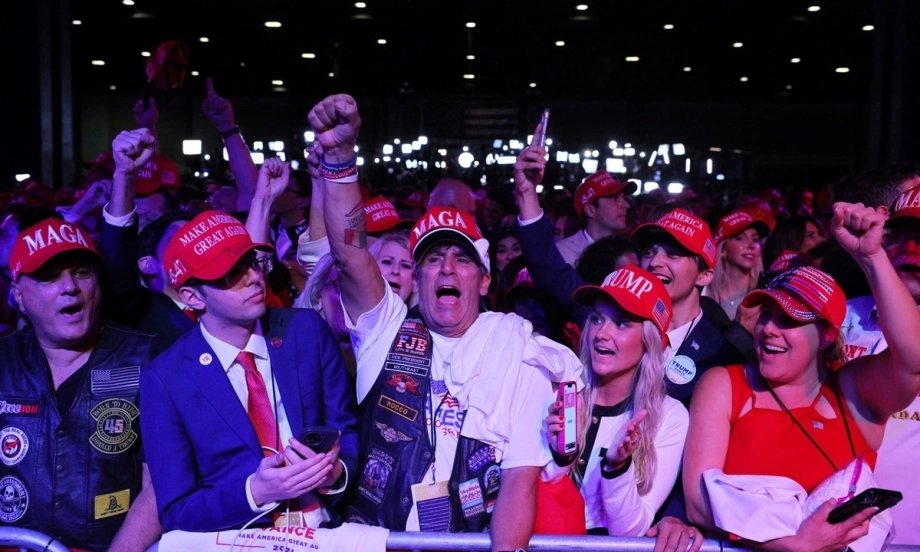
Trump’s invocation of national security to justify tariffs on steel and aluminum also garnered support from military veterans and defense contractors. They argued that relying on foreign materials for essential defense manufacturing posed risks to national security.
Companies in the aerospace and defense industries expressed cautious optimism. “We can’t afford to depend on adversaries for critical supplies,” said a spokesperson from a defense firm based in Virginia. “In that context, tariffs make sense.”
Veterans’ groups also voiced approval, citing the need for self-reliance in essential industries that underpin national defense.
### Evangelicals and Cultural Conservatives
While their support for Trump often centered on social and cultural issues, many evangelicals and conservative groups also embraced his economic policies. For them, Trump’s fight against globalization mirrored a larger spiritual and moral struggle against systems that diluted American values.
“Trump is standing up to the global elite who have ignored the working man,” said Pastor Mark Daniels from Kentucky. This sentiment was echoed in sermons and community gatherings where economic sovereignty was tied to national identity and moral clarity.
### Media Figures and Influencers Shaping Public Perception
A crucial part of maintaining support during the tariff storm was the role of media and influencers. Conservative outlets like Fox News, Breitbart, and The Daily Caller consistently framed the tariffs as necessary tools of economic warfare.
Popular radio hosts and commentators shaped public perception, presenting Trump’s actions as bold and visionary. They portrayed him as a warrior fighting on behalf of forgotten Americans, often using historical analogies and nationalistic rhetoric.
This messaging solidified the belief among Trump’s base that he was disrupting a corrupt global system in favor of national renewal.
### The Role of Patriotism and American Resilience
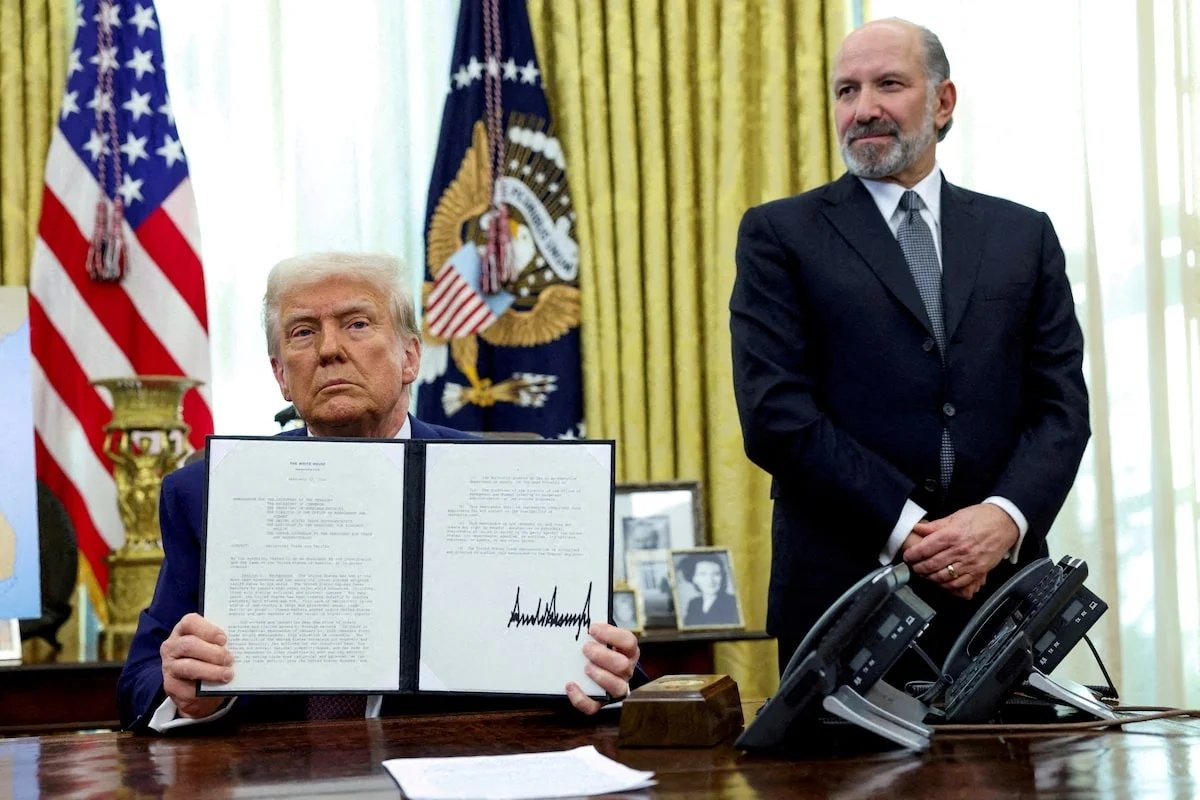
Perhaps the most intangible but powerful reason many chose to stand with Trump was patriotism. His rhetoric of restoring American greatness, reclaiming sovereignty, and fighting for the American worker resonated at a deeply emotional level.
For millions, the tariffs weren’t just about dollars and cents—they were about identity, dignity, and future generations. People were willing to endure economic discomfort because they believed in the broader mission.
### Looking Back: Was the Faith Justified?
In the aftermath of Trump’s presidency, economists and analysts continue to debate the effectiveness of his tariff policies. Some gains were evident: trade negotiations were reshaped, domestic production received a modest boost, and China’s practices were spotlighted on the global stage.
However, many also note that the tariffs increased costs for American consumers and businesses, strained alliances, and failed to bring back large-scale manufacturing.
Yet, for those who remained loyal, the point was not just about measurable outcomes. It was about having a leader who prioritized them, fought for them, and voiced their long-silenced grievances.
### Conclusion
The story of those who kept faith with President Trump amid the tariff storm is a powerful reflection of political loyalty, economic hope, and national identity. Whether driven by principle, strategy, or emotional resonance, their decision to stand firm in turbulent times speaks volumes about the evolving relationship between leadership and the people.
While the economic verdict on Trump’s tariffs may remain contested, what is undeniable is the enduring power of belief—the kind that can weather even the fiercest storms.
